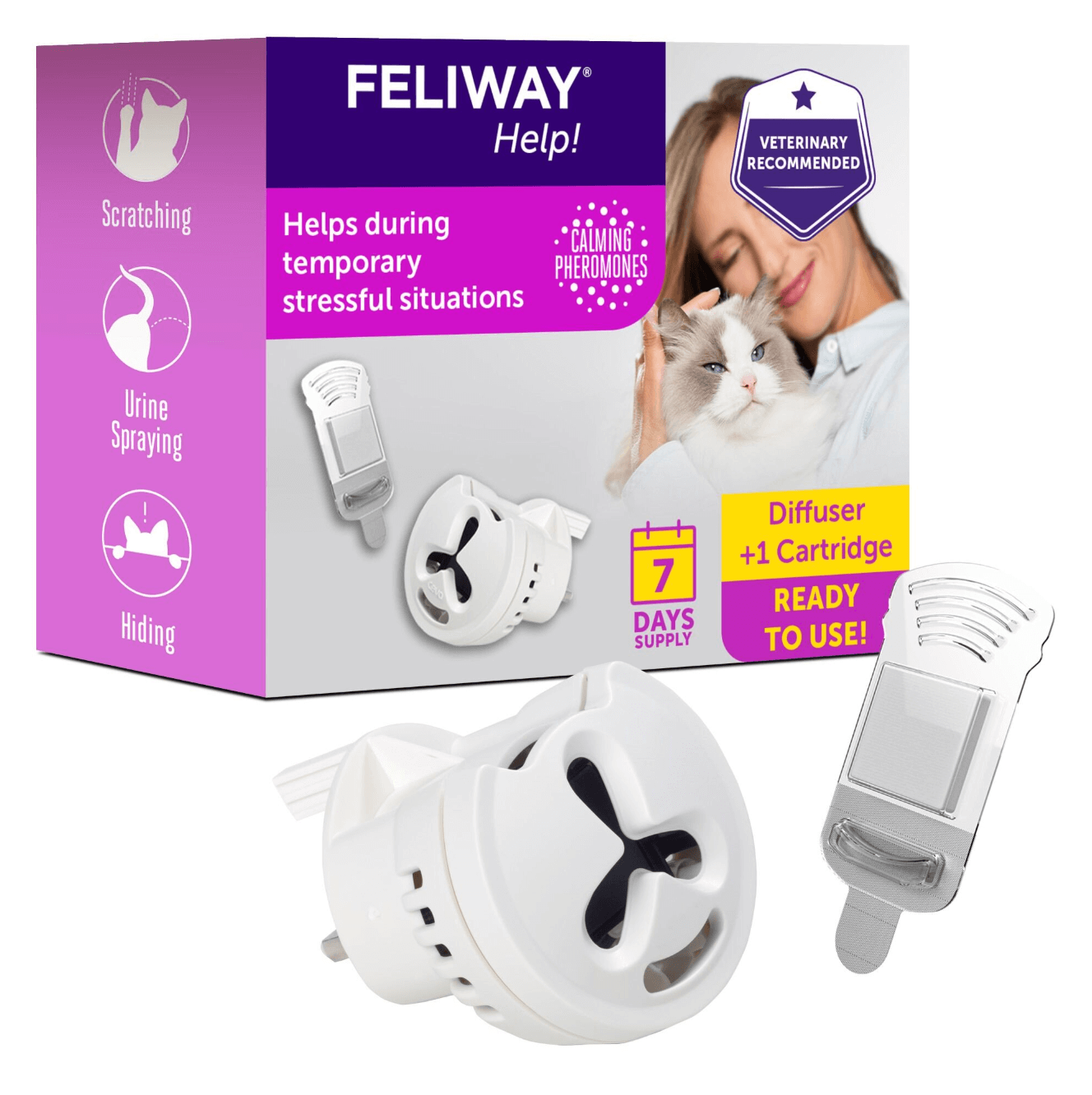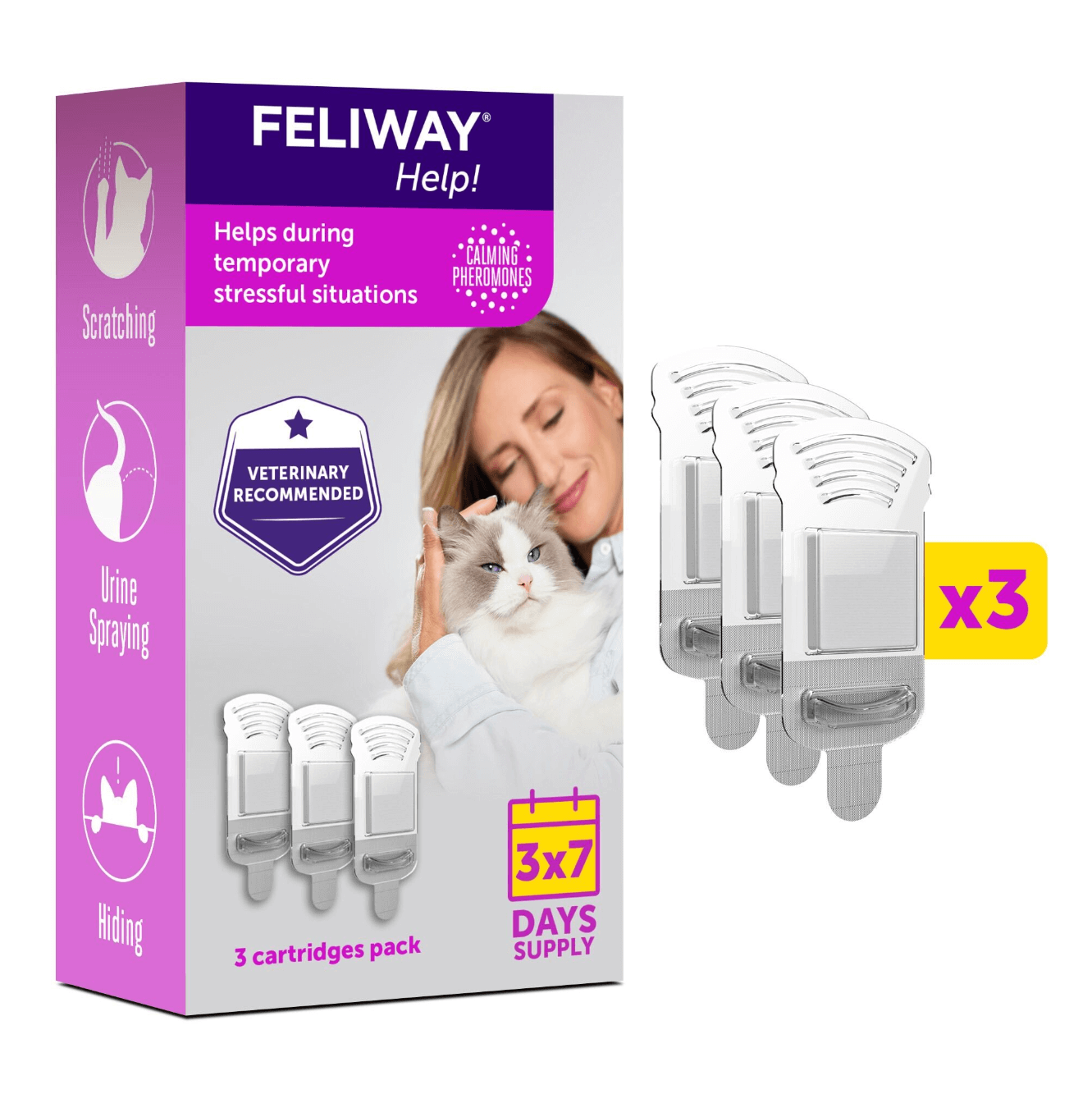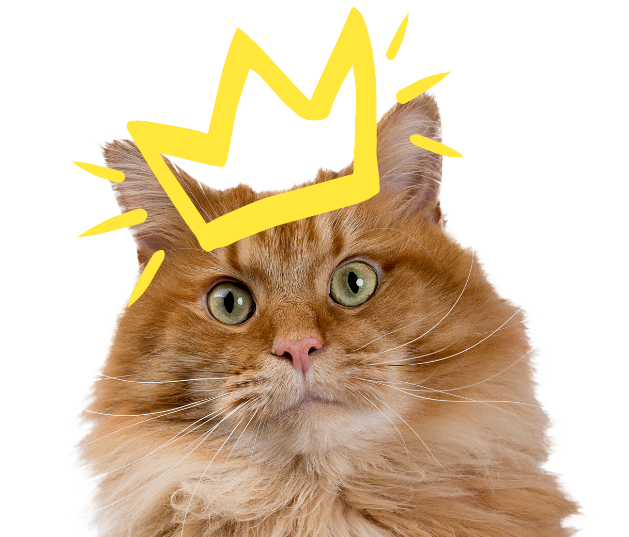We keep our cats indoors for their safety. But if the outside world were safe, cats would love to experience the freedom to roam.
HOW DOES YOUR CAT ADAPT TO OUR MODERN LIFESTYLE?
• Here, we celebrate the unique nature of cats and their instinctive needs. Cats are inherently territorial creatures who thrive when they feel in control of their environment. They value unrestricted access to every corner of their domain—especially to essentials like food, litter areas, cozy resting spots, and playful spaces.
• While cats bring joy to our lives, it’s important to remember their solitary
tendencies. Unlike some pets, they prefer not to share their territory or vital resources with others. By understanding these natural instincts, we can create a harmonious and fulfilling environment for our feline companions.
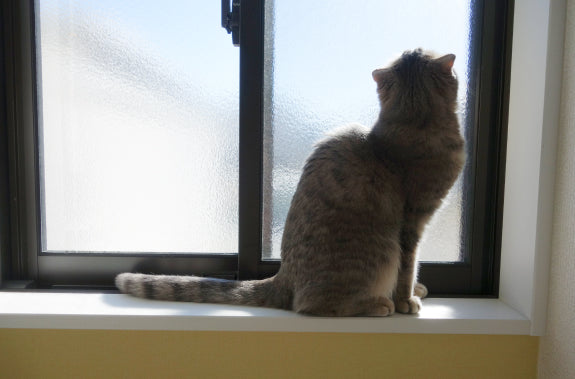
WHY DO OUR LIFESTYLES SOMETIMES CONFLICT WITH THE NEEDS OF OUR CATS?
Space
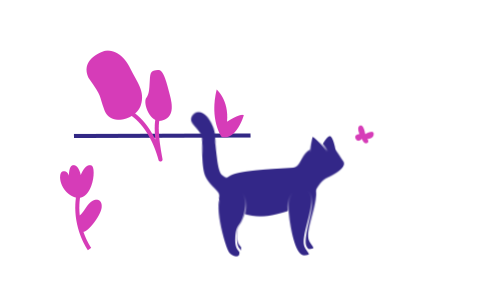
Autonomy
Cats naturally live and hunt alone so their territory is important to them. Cats in our homes often do not get to choose where and when they can use their resources (food or resting places for example), especially when they live with another cat.
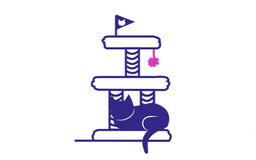
Calm
Cats like 2 things in particular: peace and routine. Unfortunately these are not always possible in our homes, which are filled with noise and activities.
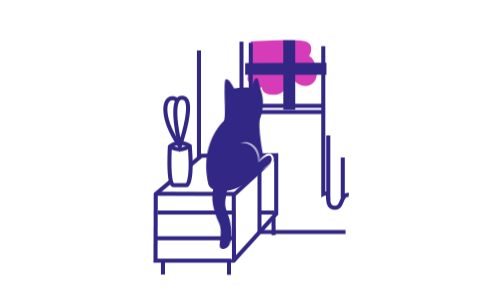
Escape Routes
Cats need to have an escape route to cope with any situations that threatens them. There are many times this may not be possible, such as a closed door or window, a person or another animal blocking their way.
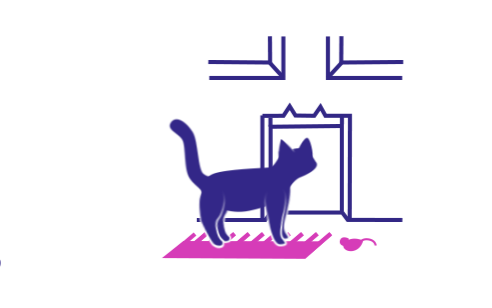
Stability
Given the choice between travelling somewhere or staying at home, cats are unanimous - home is best! Cats like stability of their territory, but at times we need our cats to leave the safety of home, such as moving home or vet visits.
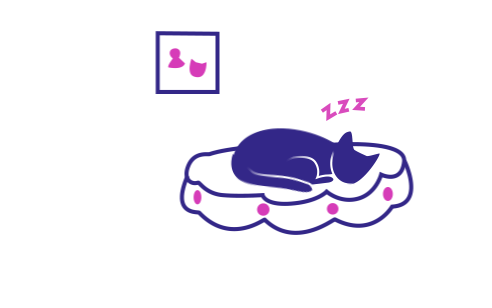
When a cat is unhappy in their environment, they often communicate their distress through changes in behavior. Common signs include excessive meowing, destructive scratching, or urinating outside the litter box. They might also withdraw, hiding more than usual, or show aggression, such as swatting or
biting. Cats may overgroom themselves, leading to bald spots, or stop grooming altogether, resulting in a dull, unkempt coat. These behaviors are their way of signaling discomfort or stress, often caused by changes in their routine, environment, or access to essentials like food, water, or safe spaces. Recognizing and addressing these signs promptly is key to restoring their well-being.
To
read even more, why not visit the Cats Protection site: Home & Enviroment













